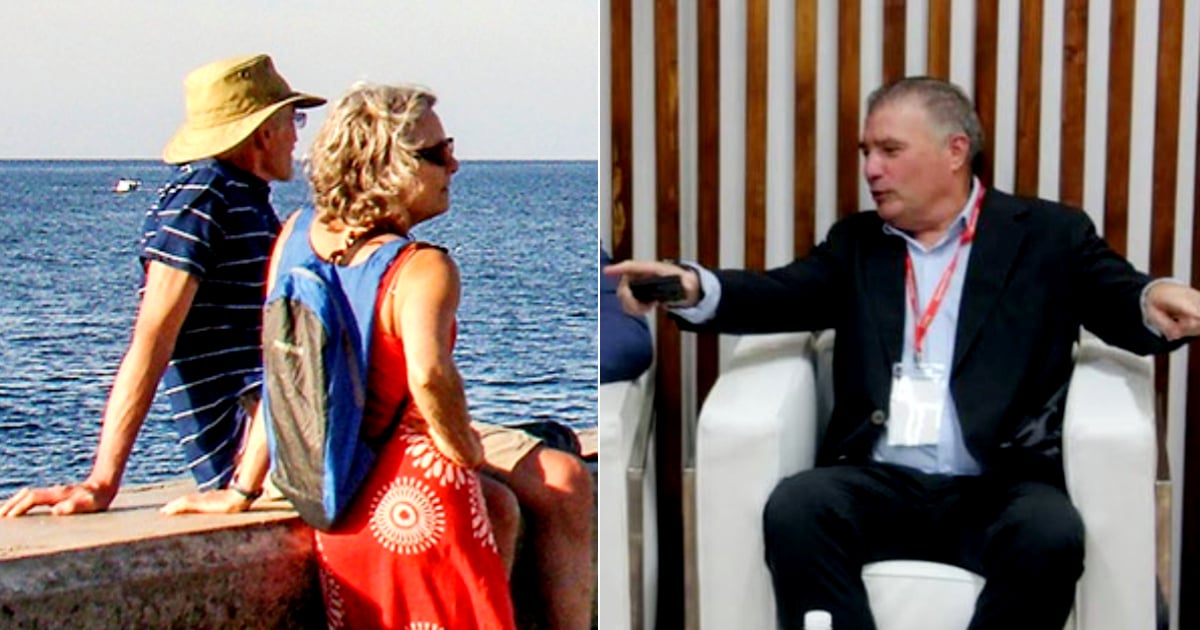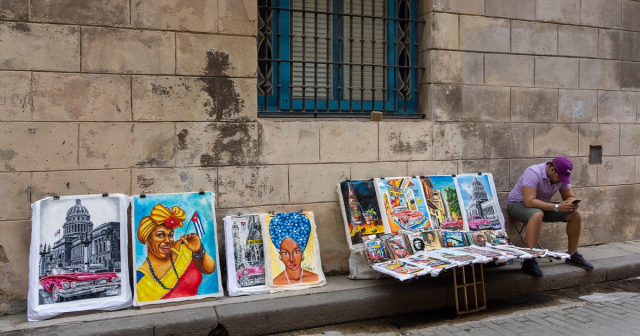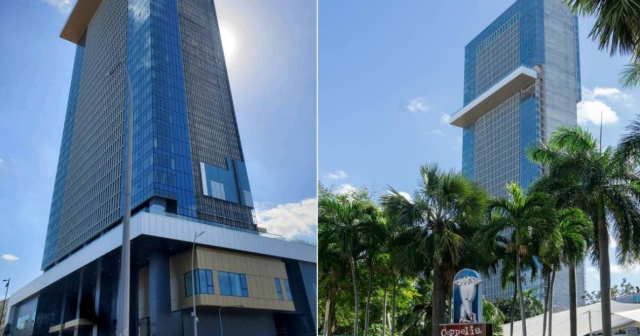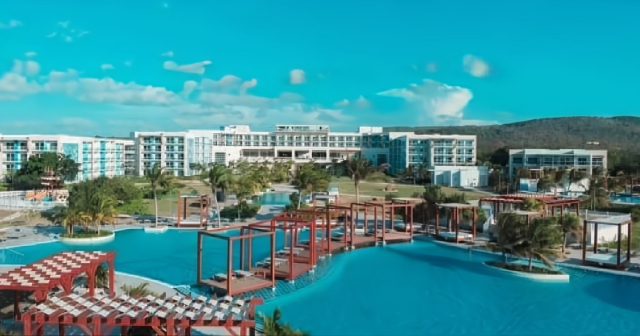
Cuban economist Pedro Monreal criticized the recent statements made by the Minister of Tourism, Juan Carlos García Granda, as well as the Cuban regime's focus on prioritizing investments in the tourism sector.
In a bold tweet, Monreal accused the government of "blatantly lying" in an attempt to justify an investment policy that, according to him, has sidelined critical areas such as food security, infrastructure, and basic services.
Monreal's comment responds to articles published in state-controlled media that describe tourism as the "engine of the Cuban economy."
According to Minister García Granda, the hotel infrastructure on the Island has been upgraded, exceeding 80,000 rooms, with 75% classified as four and five stars, managed by 18 foreign chains.
However, the minister himself acknowledged that Cuba will not be able to reach its goal of three million tourists in 2024, in a context marked by a sustained decline in the arrivals of international visitors.
Monreal's critique: a grim diagnosis
Monreal has been a consistent critical voice regarding the regime's economic policies, particularly its focus on tourism as a development engine. According to him, official data do not support the "delusion" that tourism can save the Cuban economy, a narrative he deems false and exaggerated.
The economist argues that tourism, far from being the solution, has absorbed resources that could have been allocated to urgent needs such as food production or the improvement of basic services.
Tourism in Cuba has faced significant challenges in recent years, including the damage caused by the pandemic, hurricanes, and the energy crisis.
Although García Granda assured that the facilities would be ready for the peak season, Monreal questioned the use of resources for this purpose while the majority of Cubans are facing a severe crisis of shortages and poverty.
A stalled "locomotive"?
Despite the regime's efforts to position tourism as a strategic sector, the figures show a worrying trend.
According to recent data from the Ministry of Tourism (MINTUR), Cuba attracted fewer than 2 million visitors in the first ten months of the year, a far cry from the 4.7 million reached in 2019.
This is partly due to external factors such as U.S. sanctions, but also to the lack of competitiveness of the destination compared to other countries in the Caribbean.
Additionally, available reports indicate an extremely low hotel occupancy, with resorts operating at only 15% of their capacity in many cases. This calls into question the viability of continuing to invest in tourist infrastructure while essential sectors remain neglected.
The priorities in question
The regime's focus on tourism has led to growing discontent both within and outside the Island.
Recently, the well-known Canadian travel agency Sunwing Vacations Group decided to remove 26 Cuban hotels from its offerings due to quality issues identified in customer feedback. Instead, it will promote alternative destinations in the Dominican Republic, Bahamas, Honduras, and Colombia.
According to Monreal, the focus on tourism has intensified Cuba's economic dependence on a vulnerable and cyclical sector, while the country faces chronic deficits in essential areas.
He stated that this policy has sidelined investment in critical infrastructure, such as the power grid, which is affected by constant blackouts, and agricultural production, which fails to meet basic food needs.
Uncertain Perspectives
With an economy in crisis and a declining tourism industry, the outlook for the sector is uncertain. Although the regime is counting on a rebound in the high season of 2024-2025, structural challenges remain.
The model based on significant investments in luxury hotels contrasts sharply with the reality of an economy struggling to meet the basic needs of its population.
Monreal's comment encapsulates the sentiment of many critics: the regime's focus on tourism is a policy disconnected from reality that prioritizes the interests of the regime's elite—concentrated in the Business Administration Group S.A. (GAESA)—while neglecting ordinary Cubans.
In an environment where the statistics do not support official promises, the "engine of the economy" resembles more of a train heading towards derailment.
Filed under:






